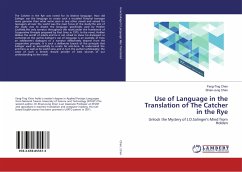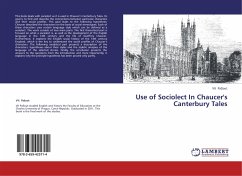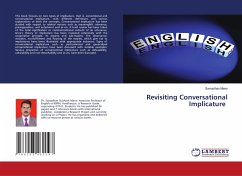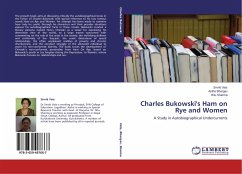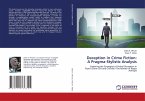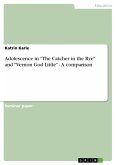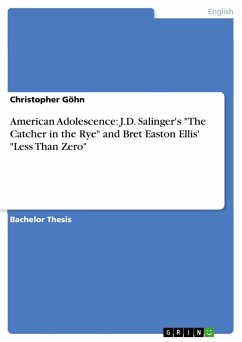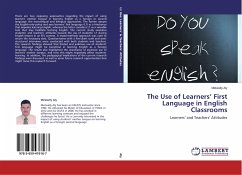The Catcher in the Rye was noted for its distinct language. How did Salinger use the language to create such a troubled fictional teenager more genuine than what we've seen in any other novels and voiced for teenagers all over the world was the main focus of the study.The aim of the study was to dissect the language specifically used by Holden Caulfield,the only narrator throughout the novel,under the framework of Cooperative Principle proposed by Paul Grice in 1975. In the novel, Holden dislikes the world of adults and he is not afraid to show his disrespect or contempt.As the author,Salinger's use of language is an example of how an adolescent's dialogues or a narrator deliberately departs from the cooperative principle. It is such a deliberate breach of the principle that Salinger used so successfully to create his anti-hero. To understand the anti-hero as well as his world view and in turn the author's philosophy, the cases of such a breach should provide of best sources of our understanding to the novel.

